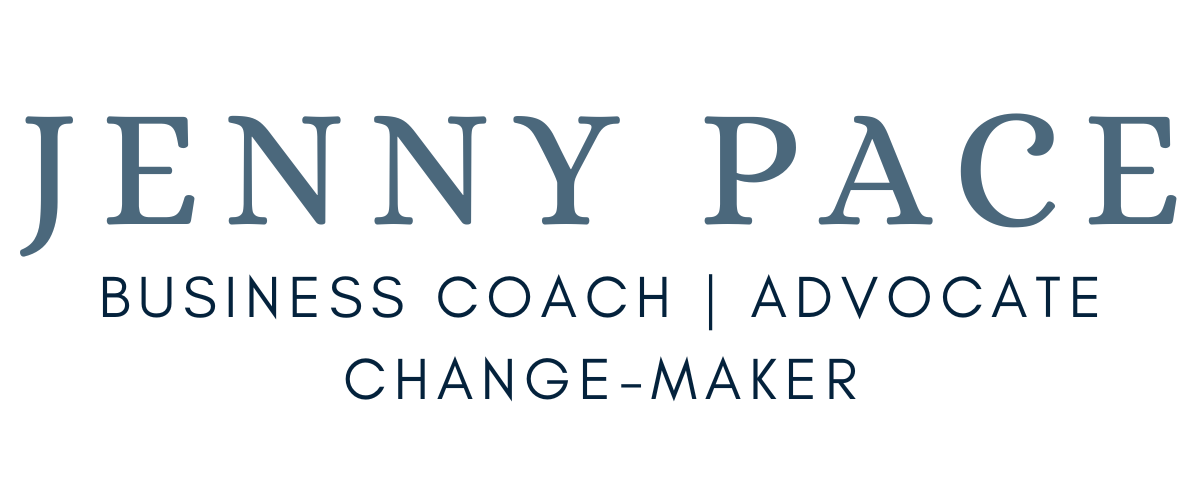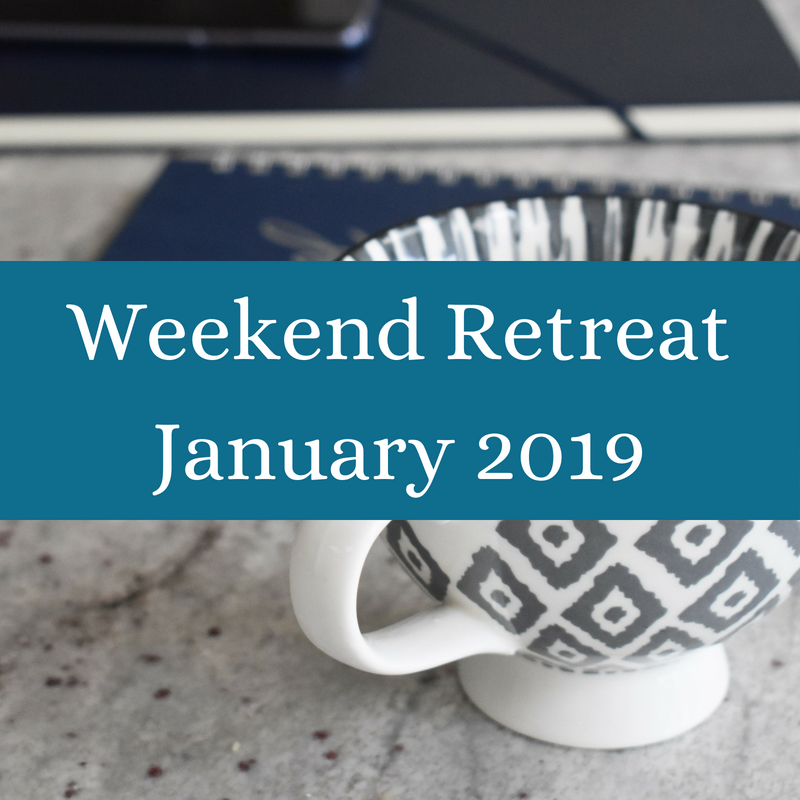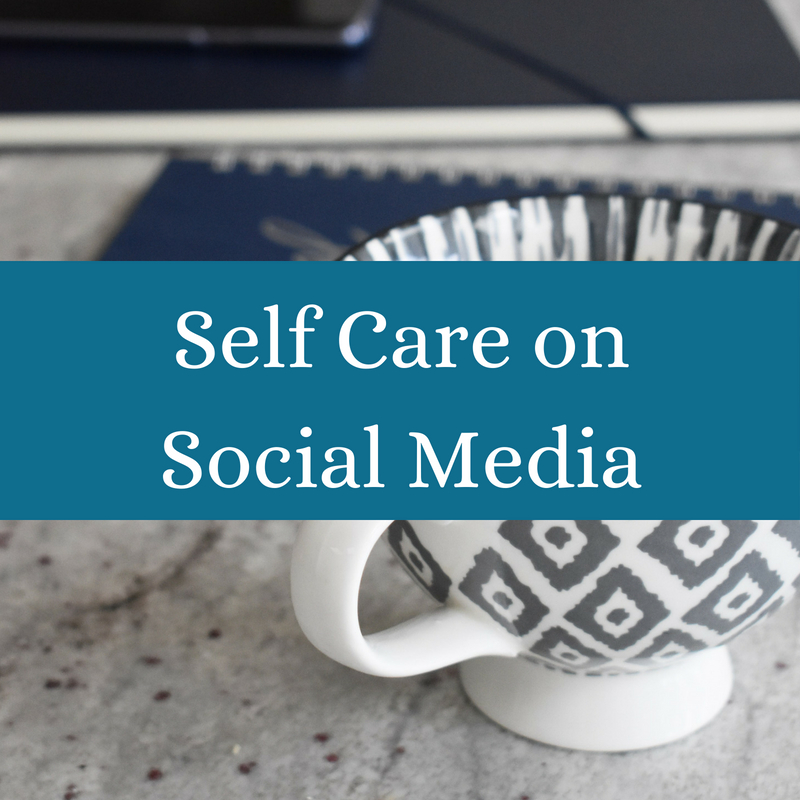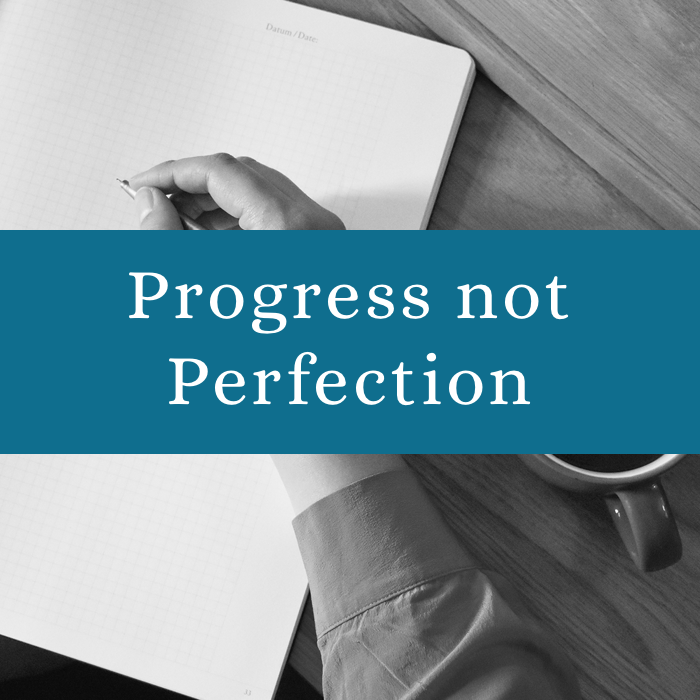One of my favourite spoken-word poems is B by Sarah Kay. I highly recommend watching her share it here. It’s one of those things I go to watch when I need some encouragement and inspiration.
A line that resonates: “Good things come in threes, and so do bad things.” Especially this week.
I’ll start with the bad things. We went to France last week, and have a fabulous time, until our car broke down just outside Calais. Oh, for another hour to drive it back into the UK! Alas, our car is still (a week later) in France, not working.
My husband and I have had a string of car-related challenges in the last few years, and this is the third. While I don’t believe we’re cursed, it’s certainly a wake-up call to show us just how much we rely on a car these days, and maybe even something it’s time to invest more in.
So this week, the back-to-work week, has had to be flexible.
I’ve been sorting out insurance, changing my routine, and dealing with the things that come up when your car (and many of your possessions in it) are stranded in France. I’ve had to get things back to basics, work-wise, so that I’m only prioritising the most important things, giving me room to get everything back on track.
The thing is, because both good and bad things come in threes, I thought I’d better gather some good things for myself and for you.
This summer, I’ve been working on my new website with the awesome Evan at Sixteen July, and a few offerings to go with it.
Here are three good things for creative business owners:
1. The Small Creative Business Retreat is back for 2019!
Join me and a wonderful group of talented women for my fifth year of this life-changing, business-boosting retreat weekend. We’re gathering in January to start the year off right in the Cotswolds, with a longer weekend than before (I’ve added a day). You’ll get a comfy bed, delicious food, rejuvenating meditations and enlightening business workshops. Massages are available, and so are naps.
Book today for just £250 deposit.
2. Self Care on Social Media for Business Owners starts 17th September
This 6-week course is designed to revolutionise your relationship with social media, especially if you use Instagram, Facebook and Twitter to market your business. We’ll spend six weeks talking about healthy boundaries, your authentic voice, and the principles of self care that are right for you as you navigate the sometimes challenging world of social media.
When you sign up, you’ll get lifetime membership to the course, because social media is ever-changing (and so is our self care).
3. Get £20 off Progress not Perfection group coaching when you sign up before 1st October
My group coaching programme is an amazing way to get regular coaching with me at an affordable rate. It’s also a fabulous resource centre and community of creative business owners. I’m offering a discount on your first month of the programme to give you the opportunity to experience what it has to offer (because it’s loads).
So there you have it. A week of bad things, balanced by three really awesome things that I’m just deeply excited about!
What are your three good things this week? Let me know!
Jenny x







